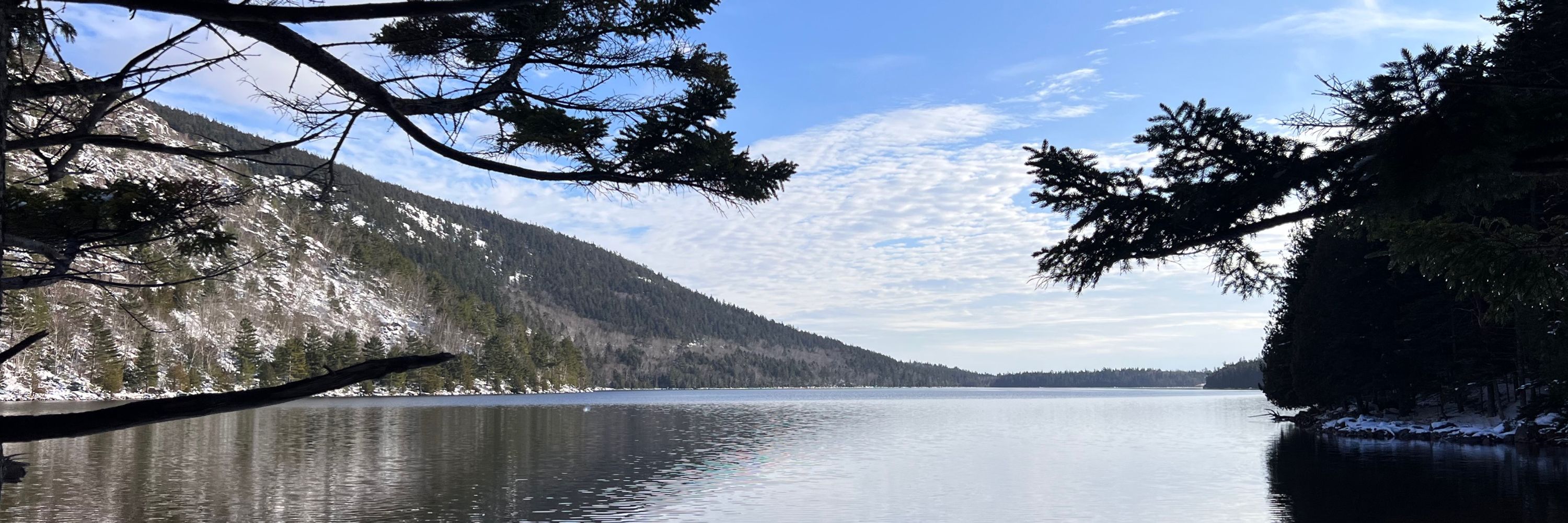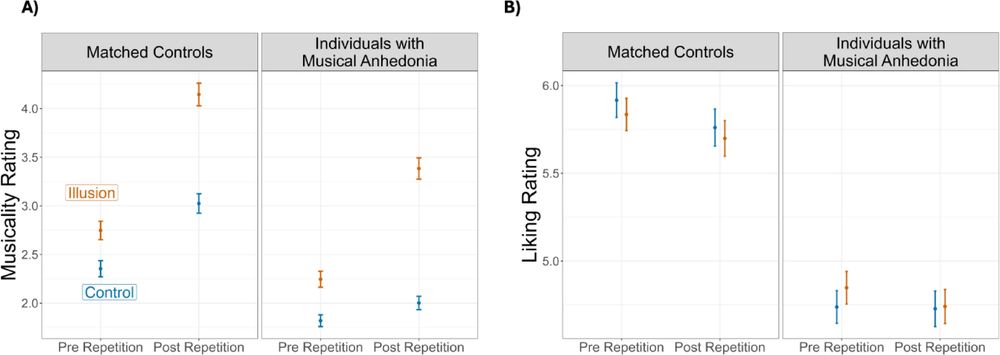
I also think it’s pretty cool to use these illusions as a way to understand individual differences in perception

I also think it’s pretty cool to use these illusions as a way to understand individual differences in perception




Representations in Theory of Mind Network During Music Listening

Representations in Theory of Mind Network During Music Listening
Networks During Resting State and Music Listening

Networks During Resting State and Music Listening



